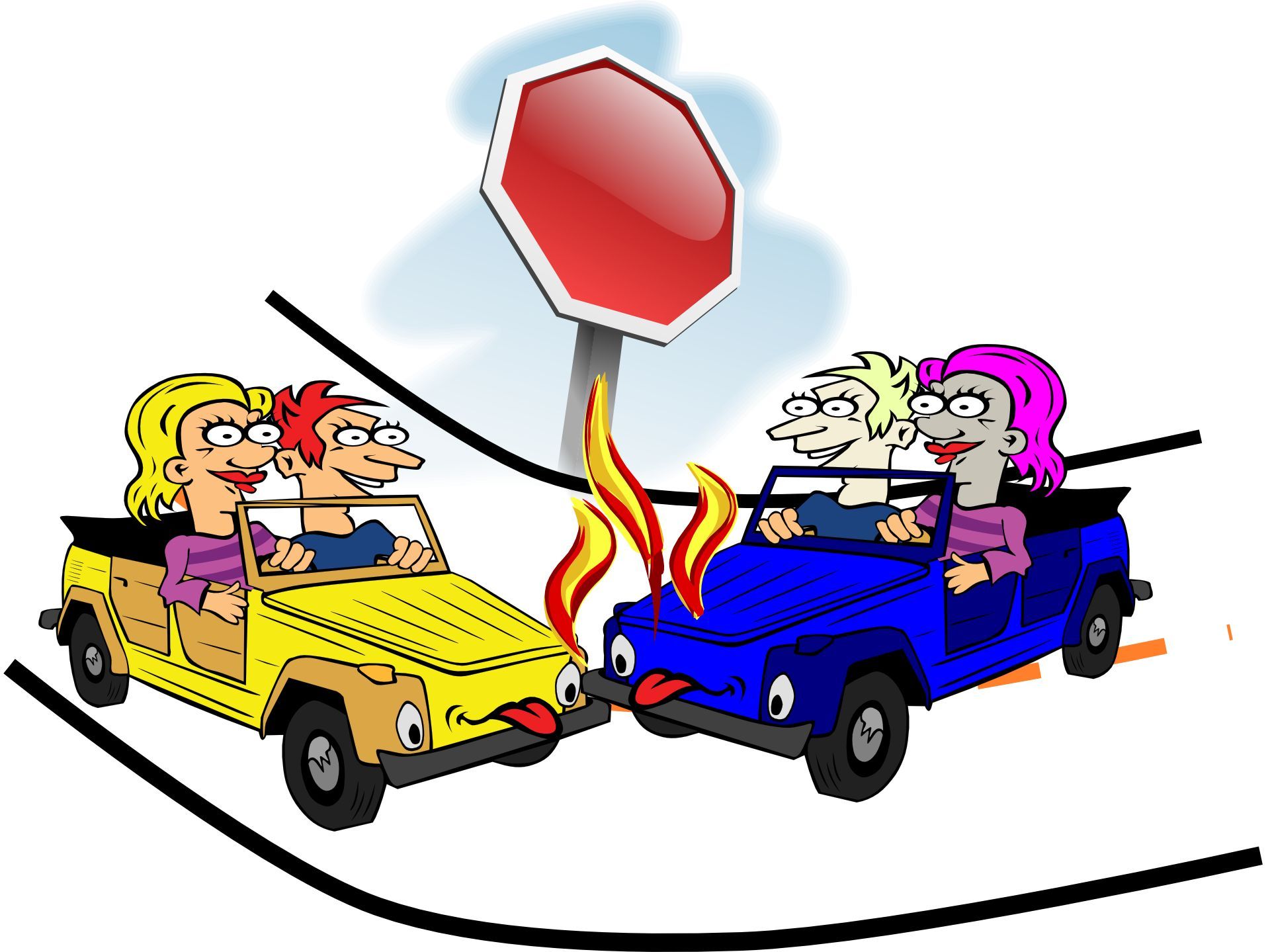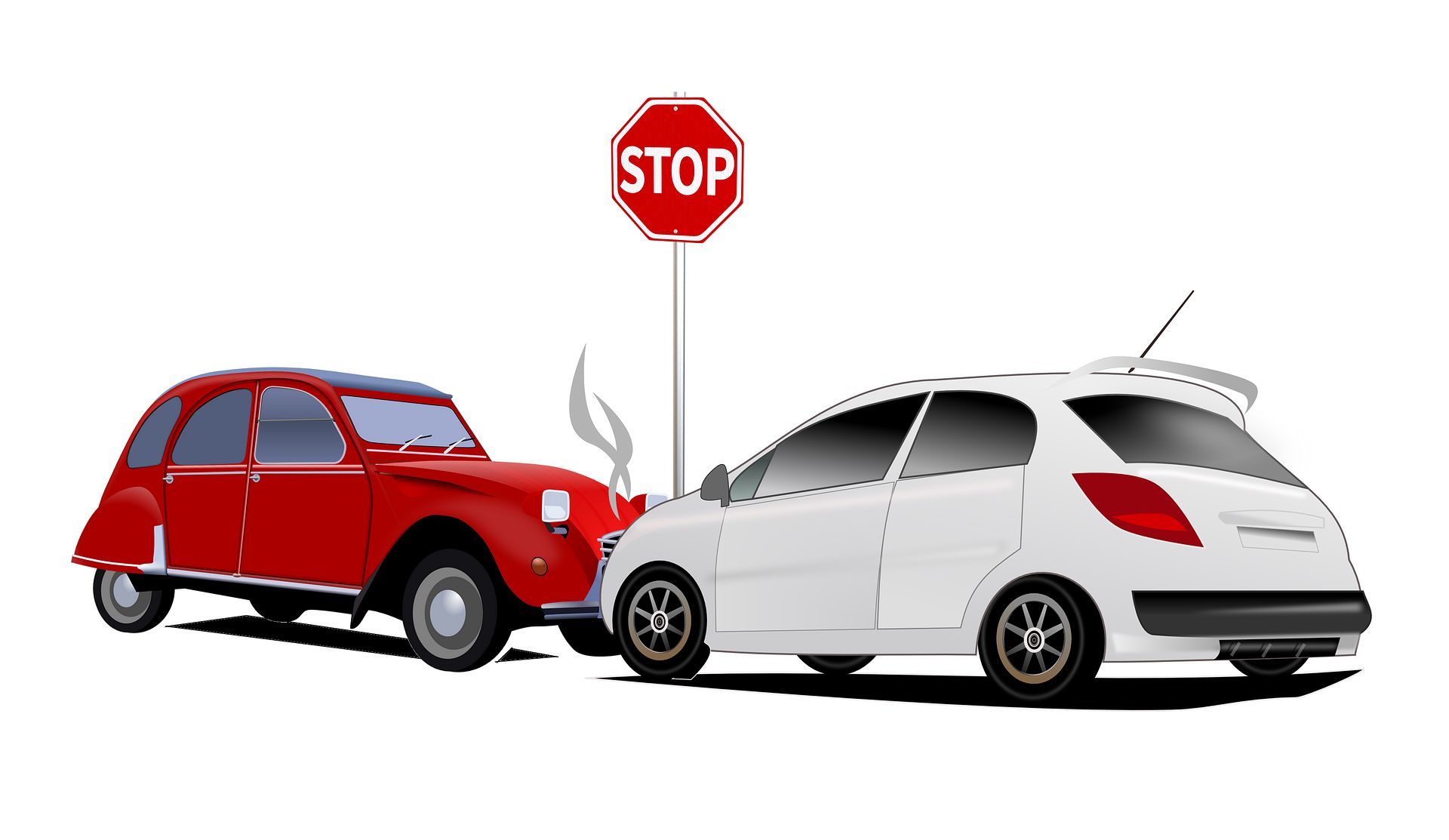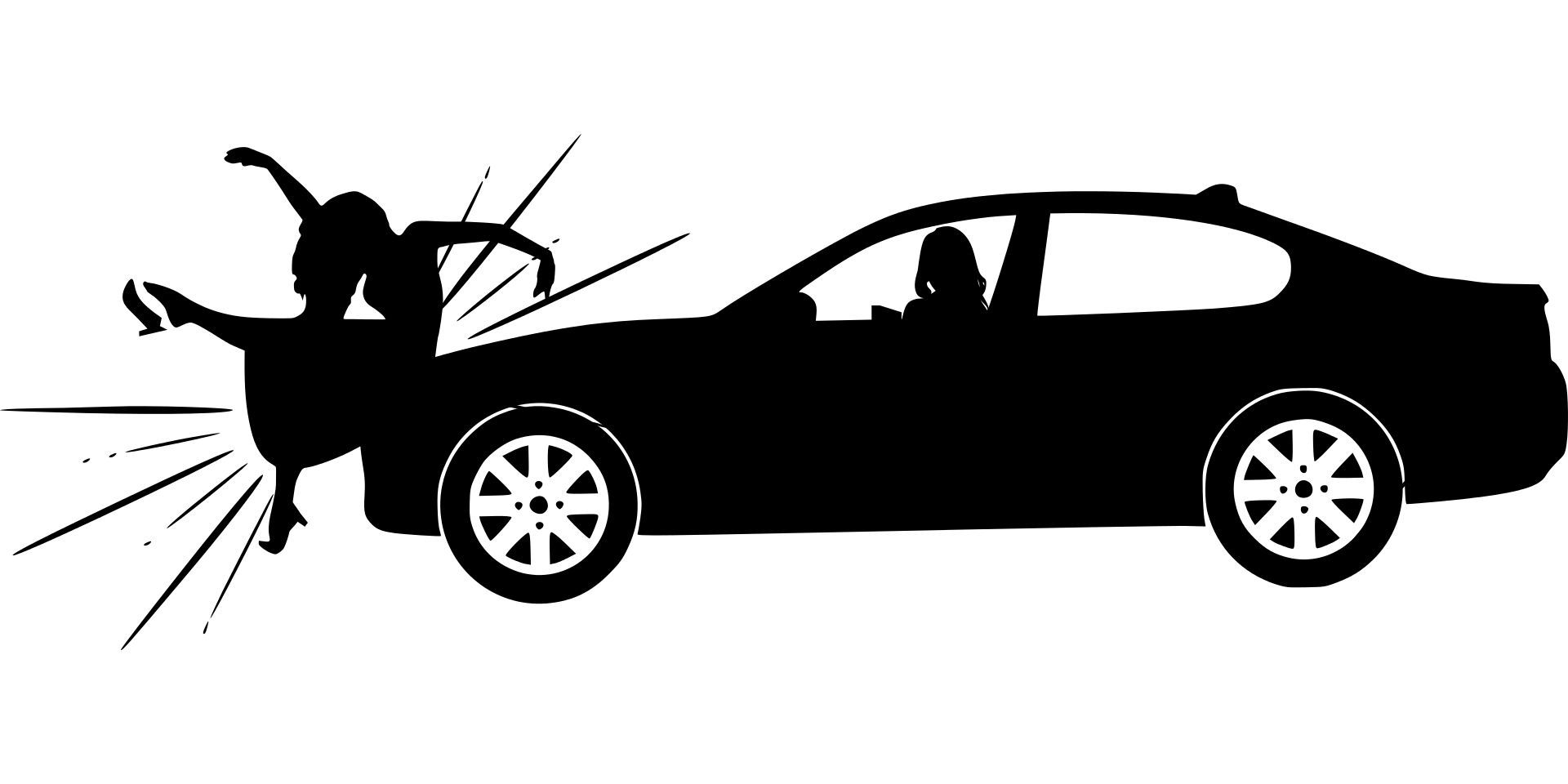An FS-1 document is, essentially, proof of insurance the serves as proof of financial responsibility. It’s similar to the SR-22 document required in some states for those convicted of a DUI or DWI, or the Proof of Insurance that drivers are required to carry in other states. North Carolina, however, is the only state that uses an FS-1 document.
What is an FS-1 Document
The FS-1 document demonstrates proof of financial responsibility and works similar to proof of insurance in other states. It’s unique to the state of North Carolina, and you may need to get one if you’ve let your car insurance lapse, it has been canceled, or even if you’ve switched insurance companies. It can also be used when you register your vehicle in North Carolina, but unlike a lot of other states, you aren’t typically required to carry this proof in your vehicle at all times unless requested to do so specifically by the DMV.
How Does the FS-1 Work?
The FS-1 document in North Carolina is basically a proof of insurance that you can obtain from your insurance company as a proof of legal car insurance. This is handy when you’re registering a new vehicle or if you’ve switched insurance companies as, sometimes, the electronic reporting system between insurance companies and the DMV can be delayed, making it appear as if you had a lapse in insurance coverage. An FS-1 isn’t necessarily required when you register a vehicle as you can give the DMV the name of your insurance company and policy number (this is called self-certification), but an FS-1 document makes the process much easier.
North Carolina Car Insurance Requirements
Like all other states, you’re required to carry insurance with liability minimums to operate your vehicle on public roads. The minimum requirements in the state of North Carolina are as follows:
-* $30,000 bodily injury liability coverage per person
-* $60,000 bodily injury liability coverage per accident
-* $25,000 property damage liability coverage
-* $30,000 uninsured motorist bodily liability coverage
-* $60,000 uninsured motorist bodily liability coverage
-* $25,000 uninsured motorist property damage liability coverage
This minimum coverage is typically written as 30/60/25 and is considered the minimum insurance required to operate a vehicle (often referred to as PLPD in some states.) When you have an FS-1 form in hand, it serves as proof that you’re liability insurance meets these minimums.
How to Get the FS-1 Form
North Carolina insurance companies have an electronic filing system that’s in sync with the DMV. When you purchase insurance, cancel your insurance, let it lapse, or otherwise change your coverage, insurance companies are required by law to alert the DMV. This information is then passed down to law enforcement who will know as soon as they run your license plate whether or not your vehicle is insured.
To prove that you have insurance – and this is a crucial step to take if you change insurance companies or have let your insurance lapse for any reason – just contact your insurance company and ask for an FS-1 form. As a common rule of thumb, even though it’s not required to be carried in your vehicle at all times, keeping one in your glove box could help avoid problems should there be a communications error between your insurance company, the DMV, and law enforcement.
Why Do I Need the FS-1 Form?
North Carolina is hard on uninsured drivers, so if you’ve let your insurance lapse, had your policy canceled, or even switched insurance companies, the DMV may send you a letter requesting an FS-1 form to prove you not only have insurance but had insurance during the days they show lapsed coverage. If you’ve parked your vehicle and don’t intend to drive it, you must also alert the DMV as having an uninsured by registered vehicle will put the DMV into alert mode. An FS-1 may also be required if you’ve just moved to the state and are registering your vehicle there for the first time.
If you’ve had a lapse in insurance coverage and were not insured on certain dates, the DMV can fine you. As of the time of this writing, it’s a $50 fine, however, for second and third offenses, the fine can be higher. In some cases, your driver’s license can be suspended for 30 days, 60 days, or maybe even more. If you can prove that you had insurance during any time in question with an FS-1 document from your insurance company, however, you won’t face any penalties.




